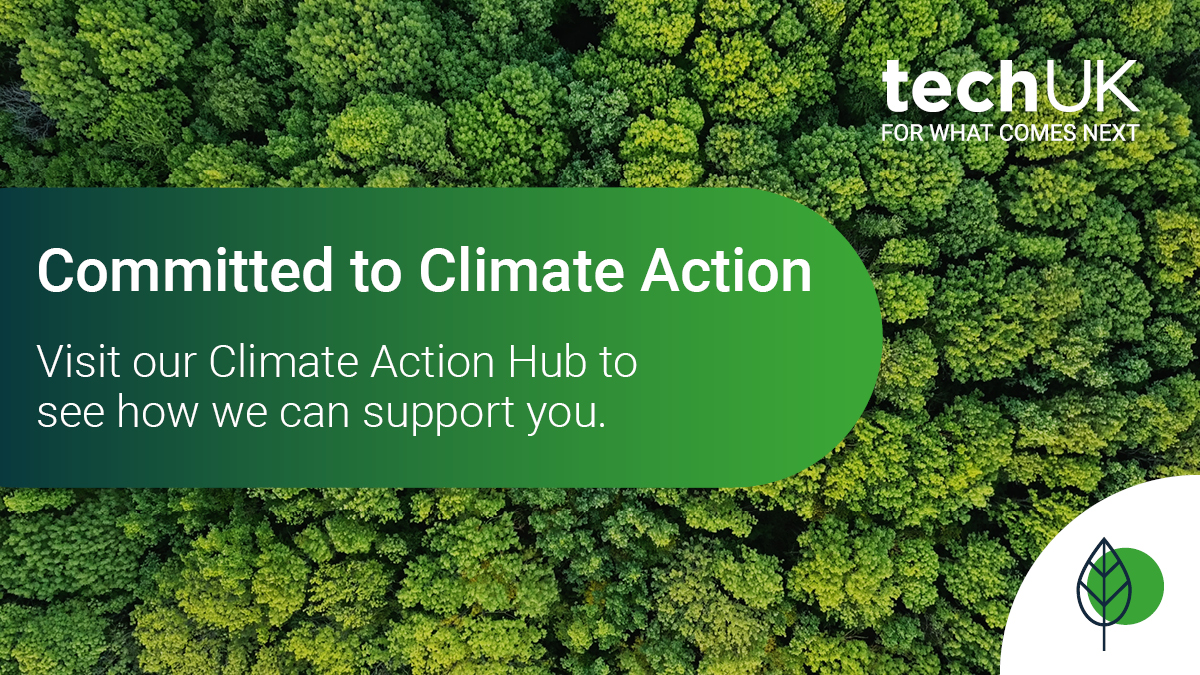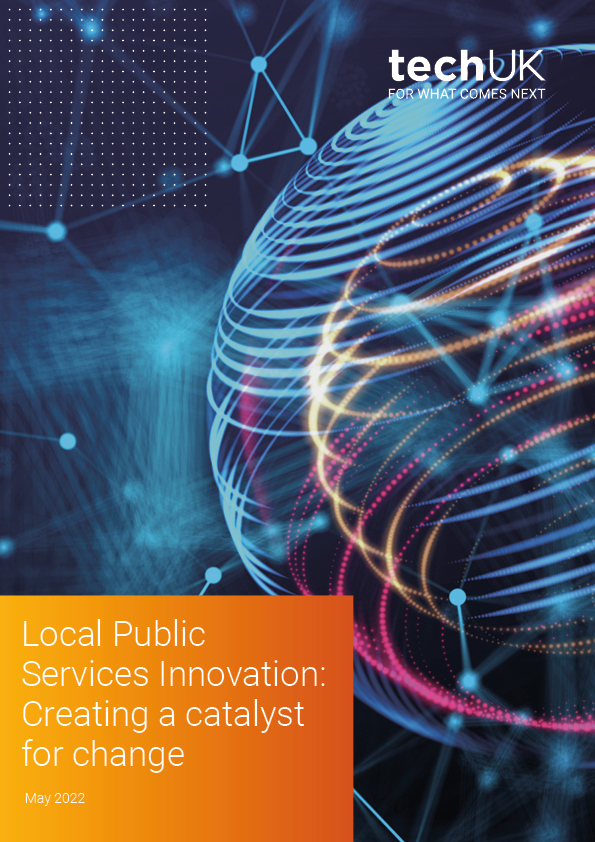Aiming for Net Zero Carbon by 2050 shouldn’t just be a tick box exercise (Guest blog from n2s)
The time has come to take action on the climate emergency. And the public sector is an almighty force that can build greener, cleaner, better, safer, fairer, healthier, and more resilient services. They can lead the way and show the world how to make realistic steps towards a zero carbon economy. Public services represent communities, provide essential services and need to ensure value for money.
New digital technologies and cloud services are revolutionizing how the public sector needs to deliver services. This requires new tech infrastructure and devices. To meet these expectations brings an urgency to shift towards a circular economy.
There’s key actions the public sector can do and take the lead on:
Energy efficient services
Planning strategically including tactics such as sustainable building, improving air quality, planting trees on land, using renewable energies and improving transportation. Steps that will not only contribute to a healthier environment but also expand business development and work opportunities. Additionally being digitally responsive runs through the heart of the sector as it enables people to safely use the services they need and feel connected.
Sustainably managing end-of-life IT assets
The Public sector can lead the way in reducing the mountains of e-waste. Not overbuying or stockpiling, instead obtaining equipment when it’s needed. Choosing products that take into consideration the overall lifetime costs rather than basing a decision on the initial outset cost of a product. There’s lots of existing frameworks which enable the public sector to access sustainable and secure recovery services for IT. But for a truly circular economy across all tech sectors, lifecycle services ultimately need to be made applicable across all frameworks.
By working with a specialist recovery and reuse partner the public sector can develop programmes that include redeployment of tech devices in a safe and secure way; enable reuse of ‘end of life’ devices through a managed recovery and resale programme and for beyond economic repair devices, ensuring a sustainable and certified disposal route that recovers the maximum amount of materials back into the manufacturing stream.
Keeping data safe
Data safety is paramount and is top of everyone's agenda. When data is removed and sanitized in a safe and secure way IT equipment can then be reintroduced into the marketplace for reuse. If this is not possible (due to age/ condition etc), the products can be dismantled and sorted for recycling. Ultimately data removal needs to be planned and professionally undertaken.
Being digital savvy and socially conscious
More and more people want to do something to help the climate emergency. This includes employees. And now more than ever tech needs to sustainably support, enhance and be relevant.
If staff don’t have the right equipment for their job then productivity and retention is impacted. Employees need the right tools to do their jobs wherever they are based and whatever time of day. Digital skills are valued highly and moving forward will be vital to respond to emerging trends, technologies and behaviour change. But people don’t want to see waste or contribute to the climate problem any more than they need to.
A zero-waste IT circular economy can only occur when IT and telecom equipment is kept in use for as long as possible, maximum value is ensured while in use, and then at the end of their useful life the assets and their materials are recovered, extracted, and reused in a sustainable way.
Andrew Brown, Head of Sustainability Solutions at n2s
Local Public Services Innovation: Creating a catalyst for change
techUK, in collaboration with its Local Public Services Committee, has published a new report making the case for enhanced digital innovation adoption across the UK’s local public services to improve citizens’ lives. The report, ‘Local Public Services Innovation: Creating a catalyst for change’
techUK - Committed to Climate Action
techUK represent the views of our members on a broad range of policy topics. We work closely with government to develop effective policy and regulatory solutions. In 2022 we continue to lobby for effective green UK regulation on topics as diverse as climate disclosures and energy reporting, to the decarbonisation of energy and mobility. To discuss how we can support you, please visit our Climate Action Hub and click ‘contact us’.



